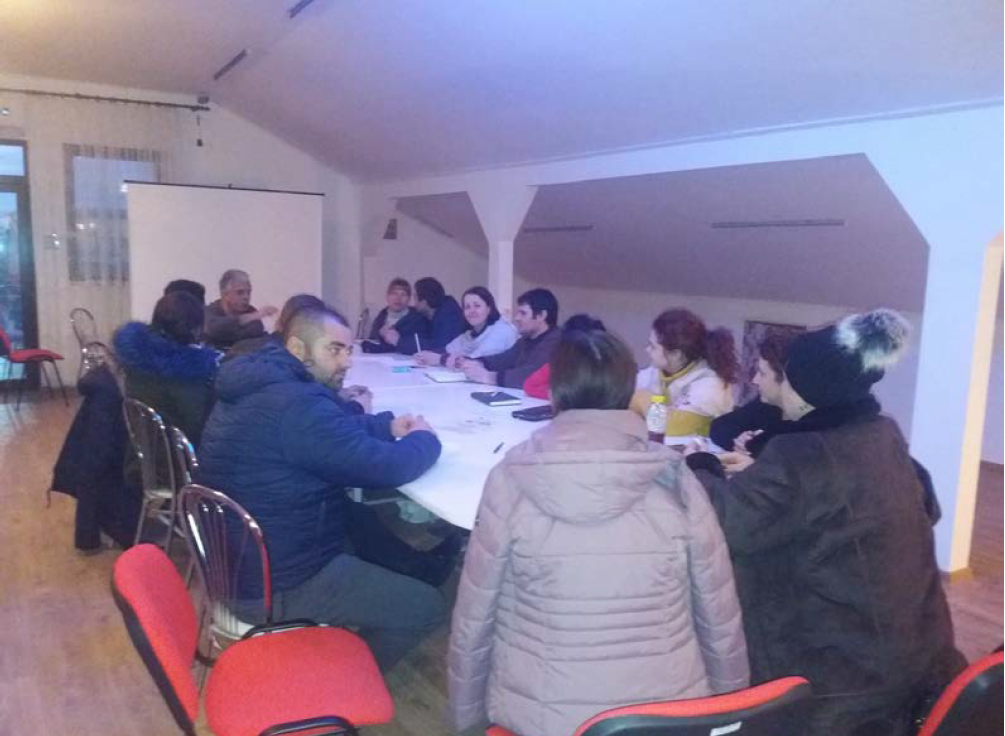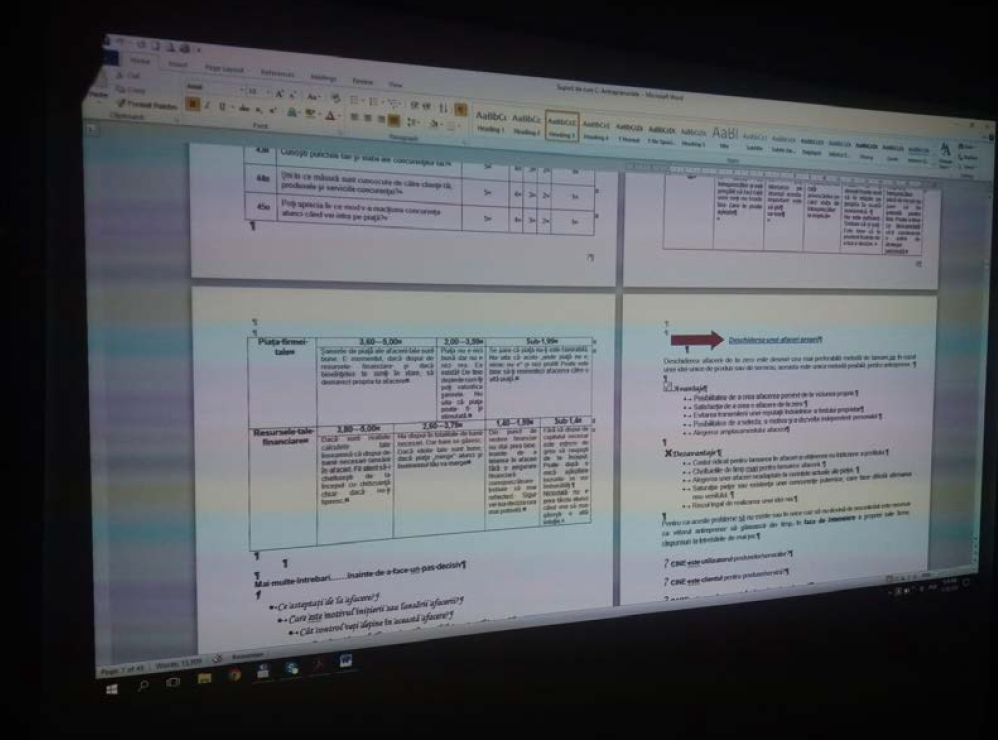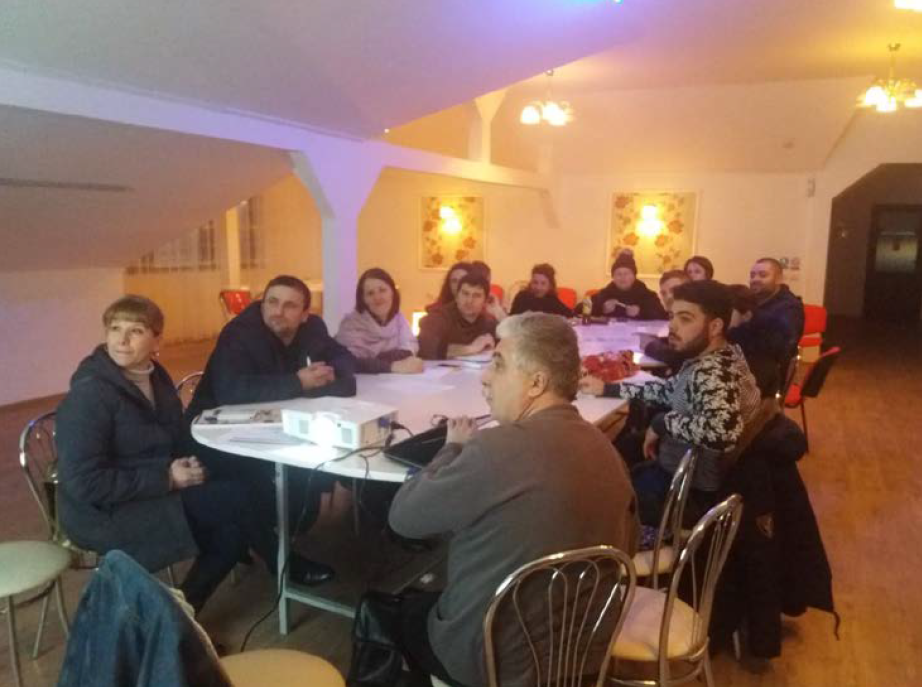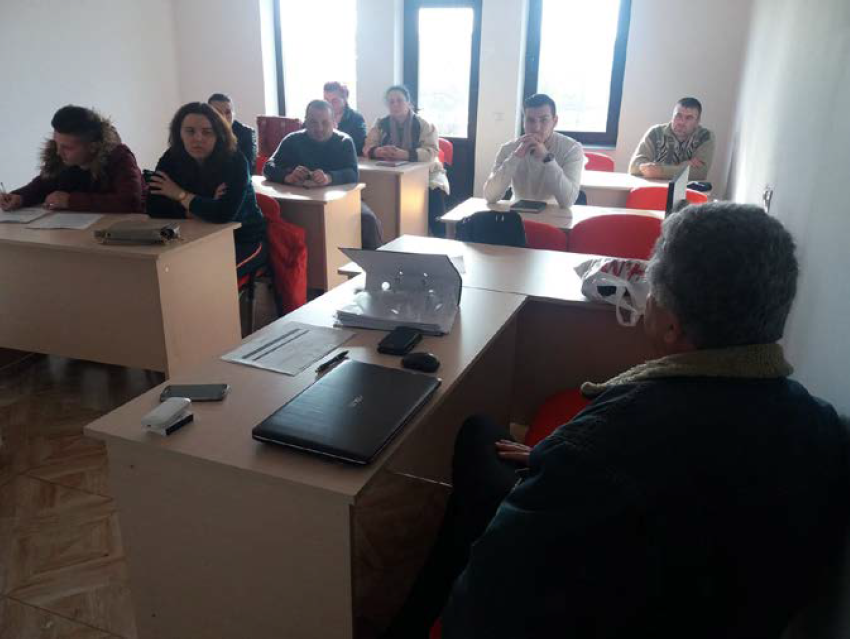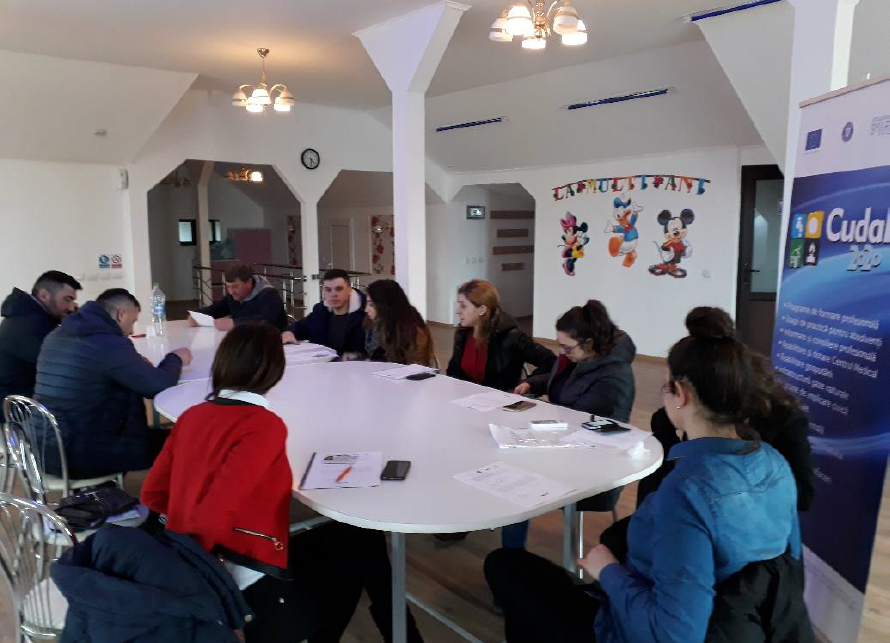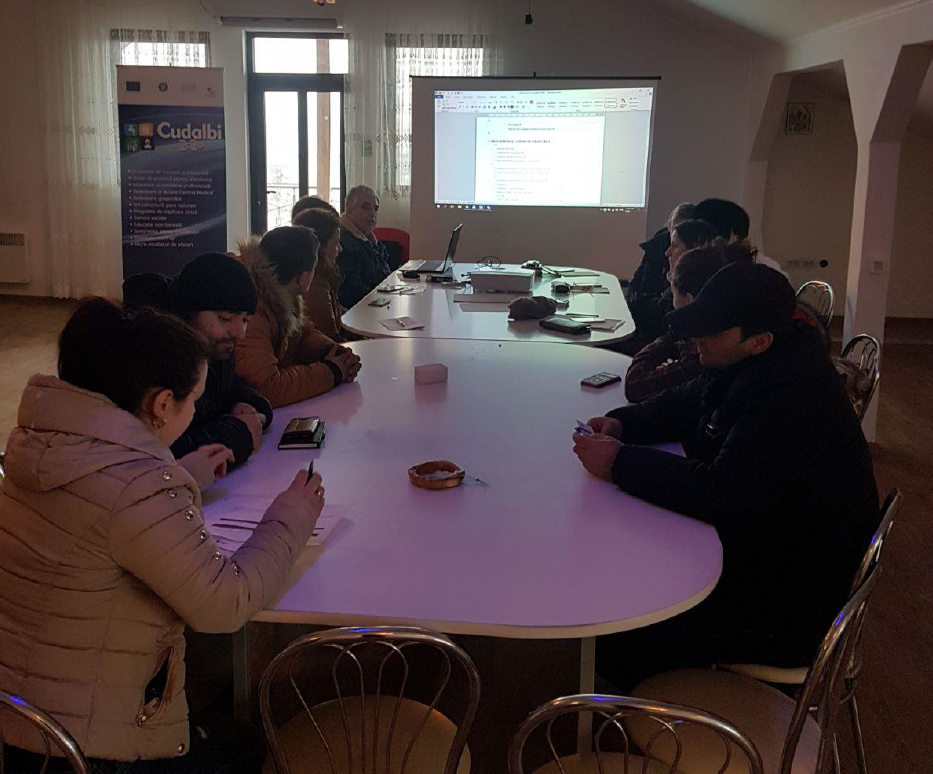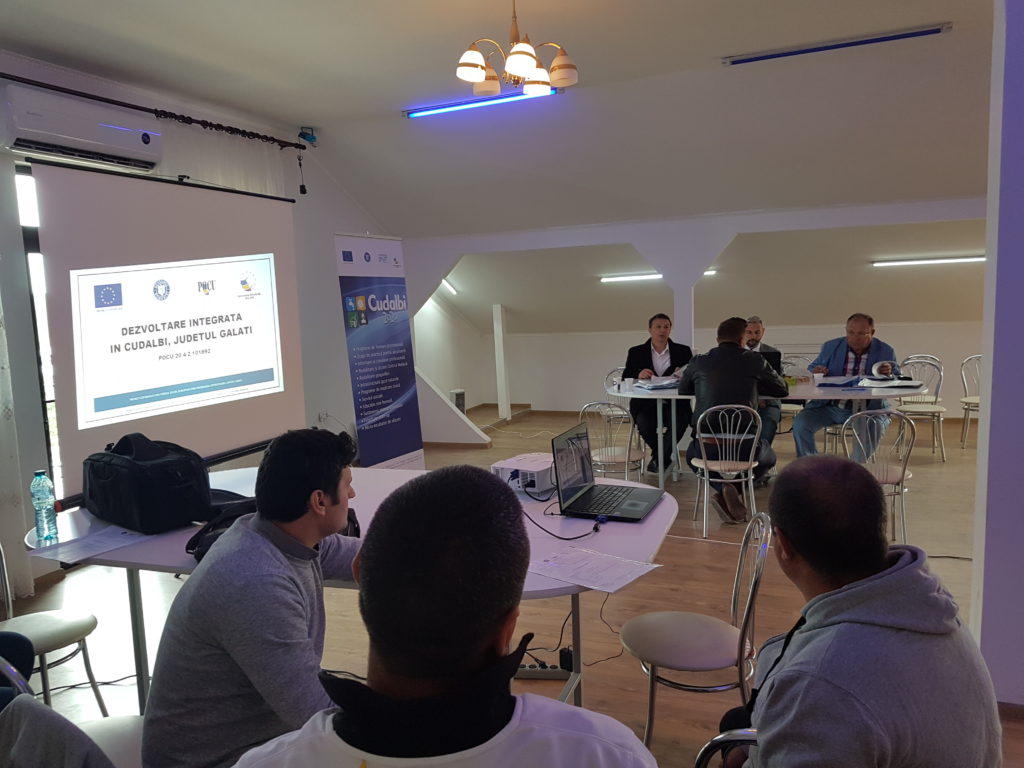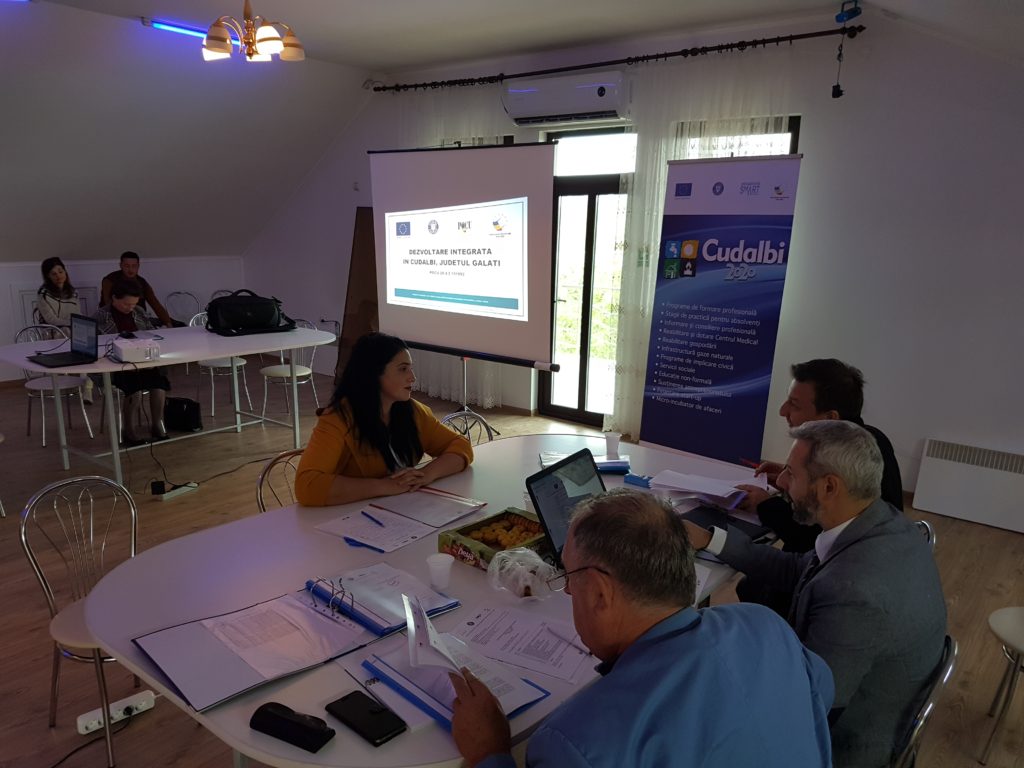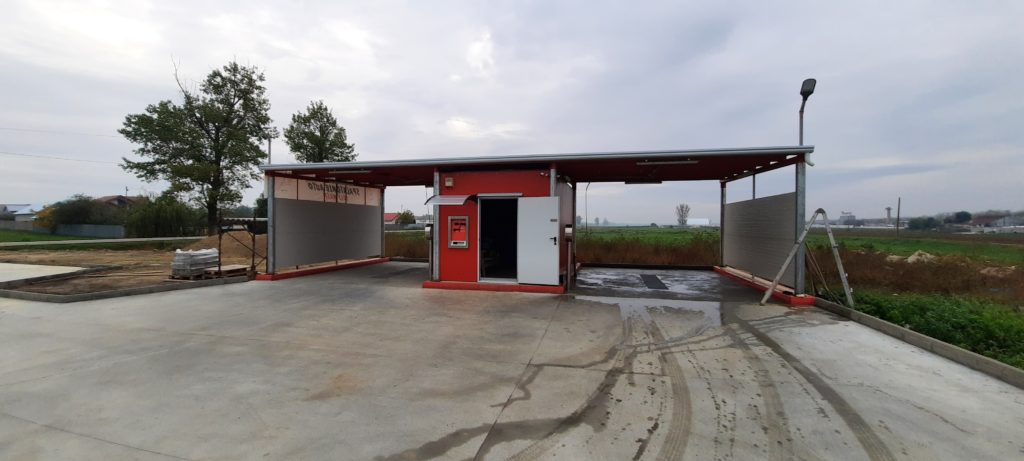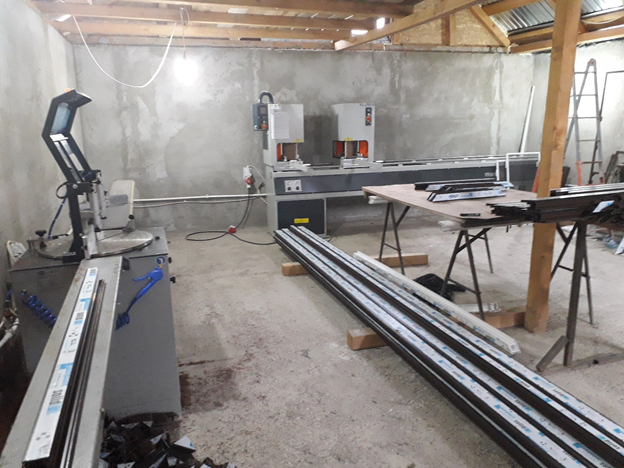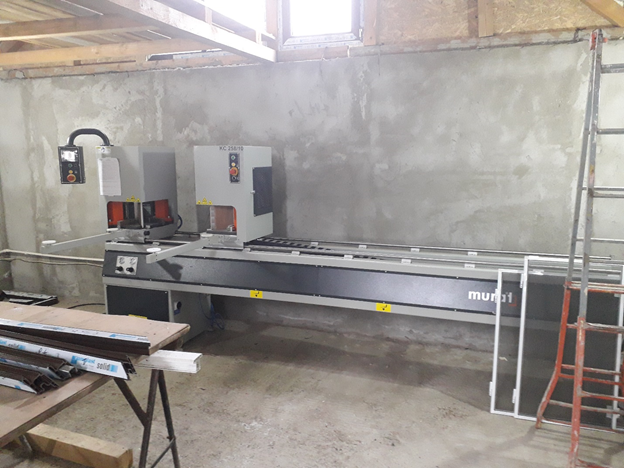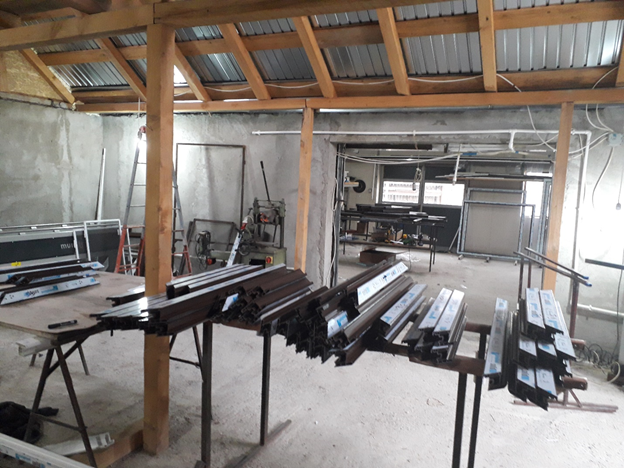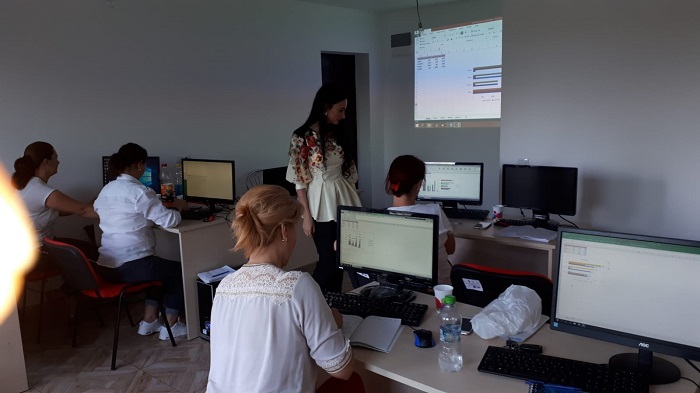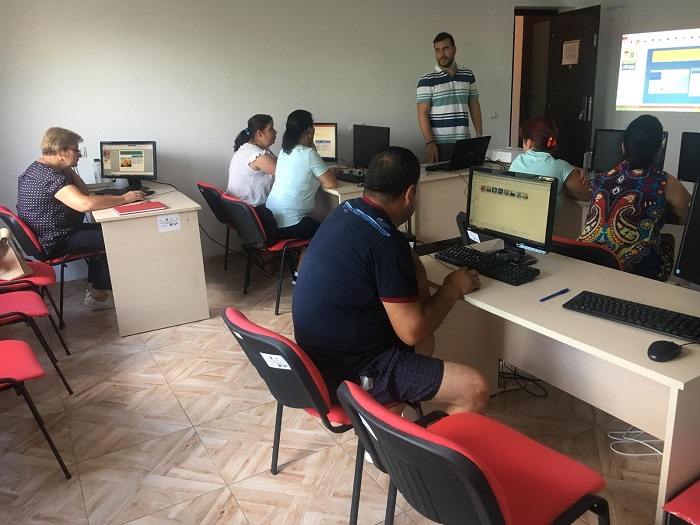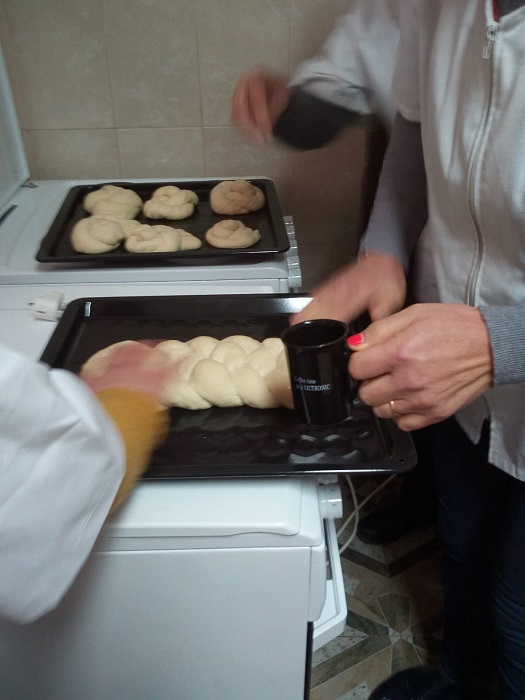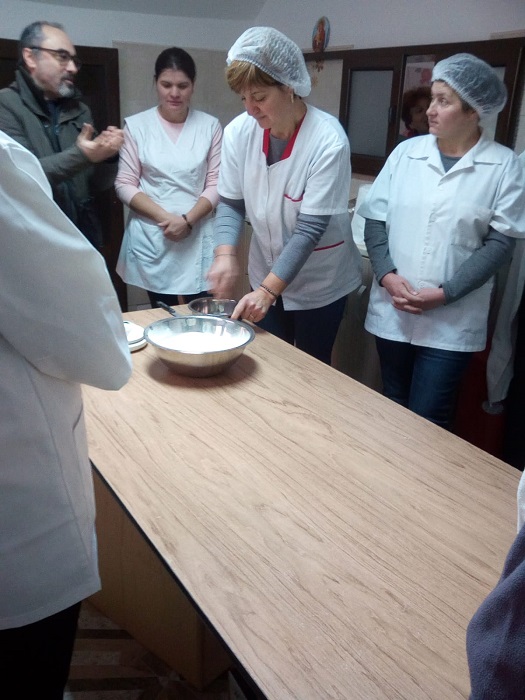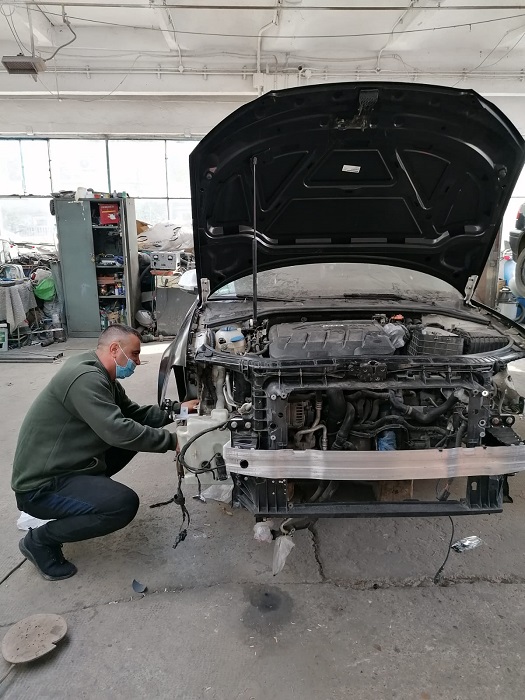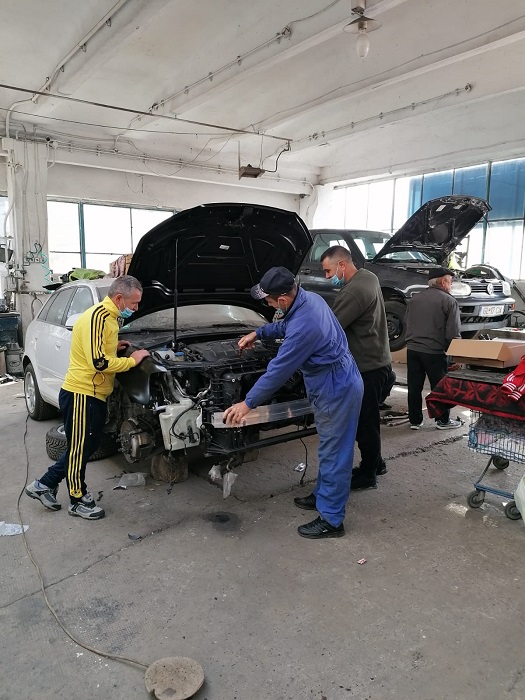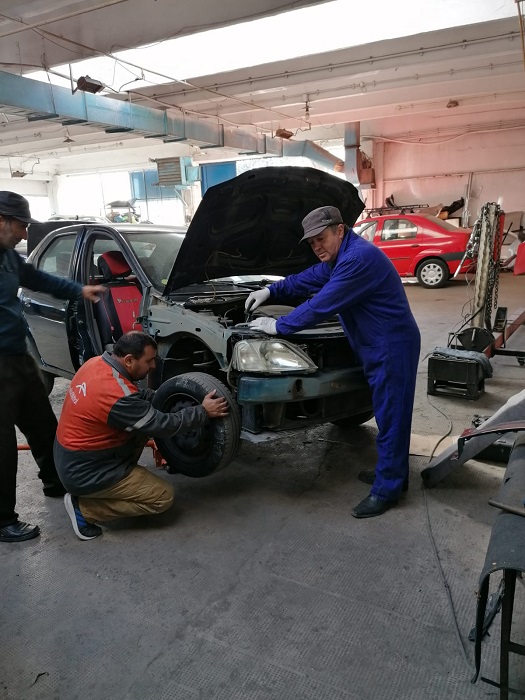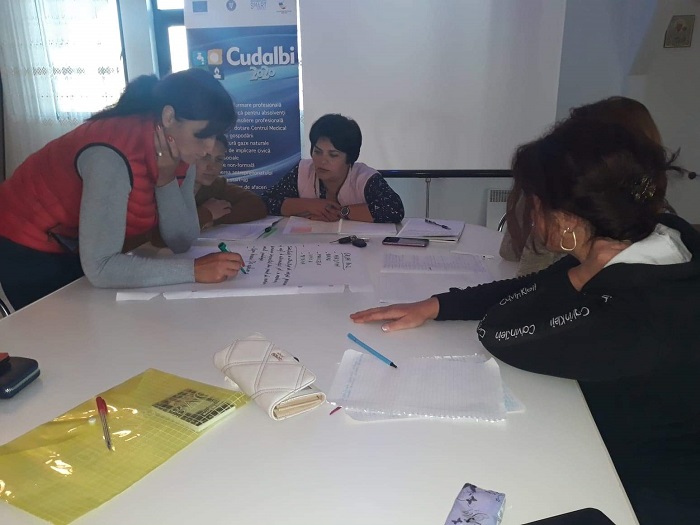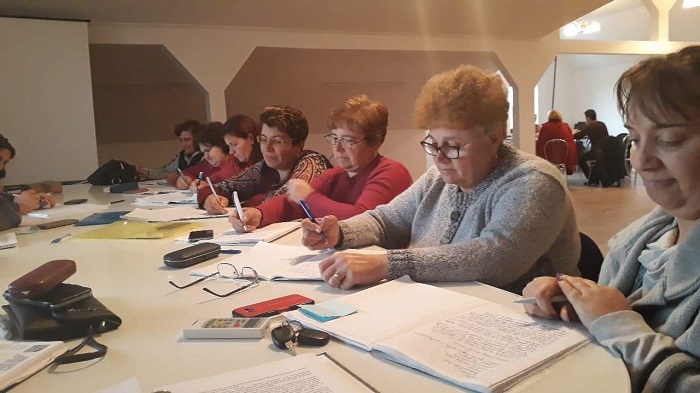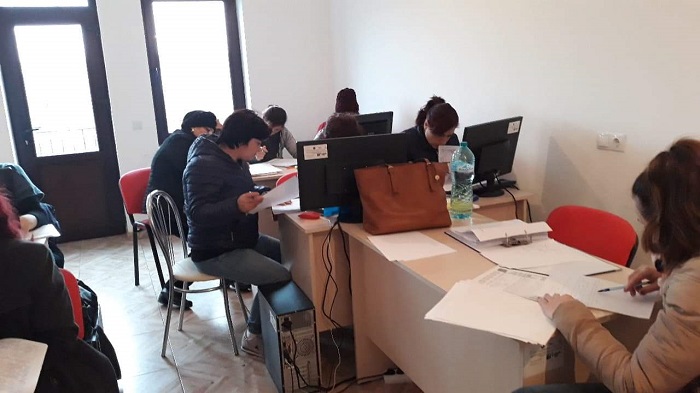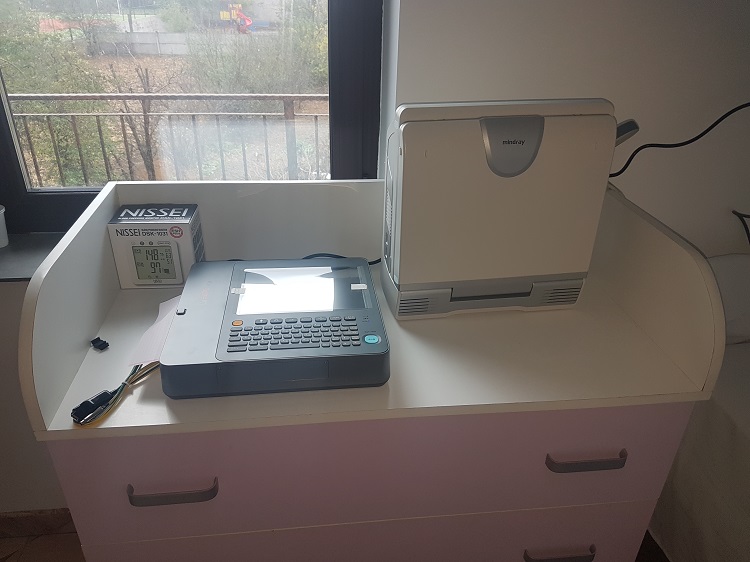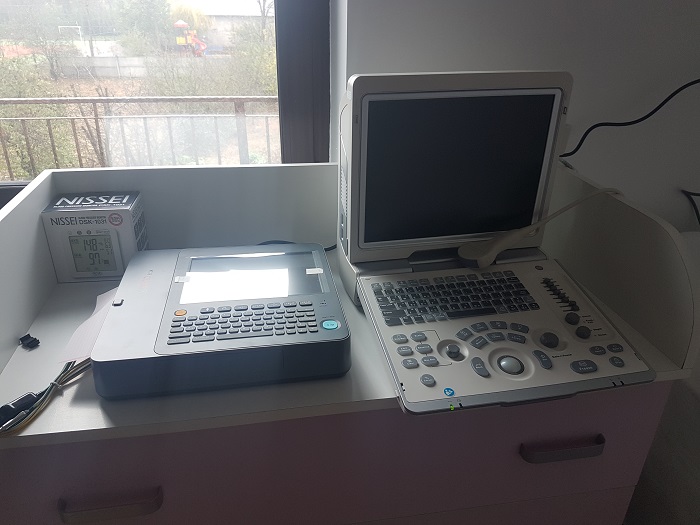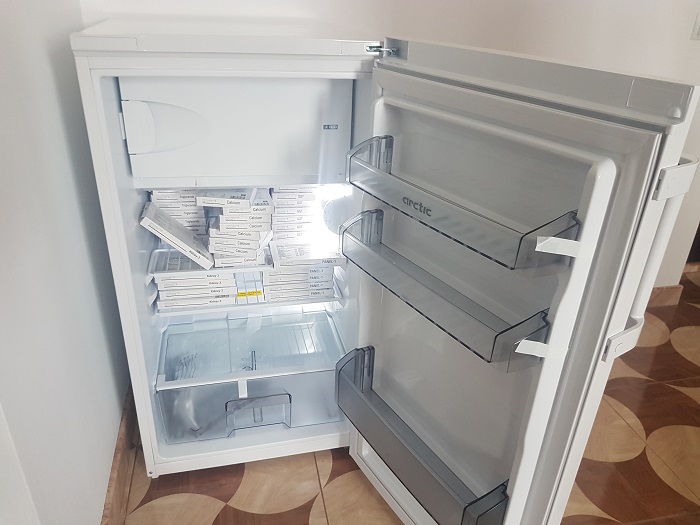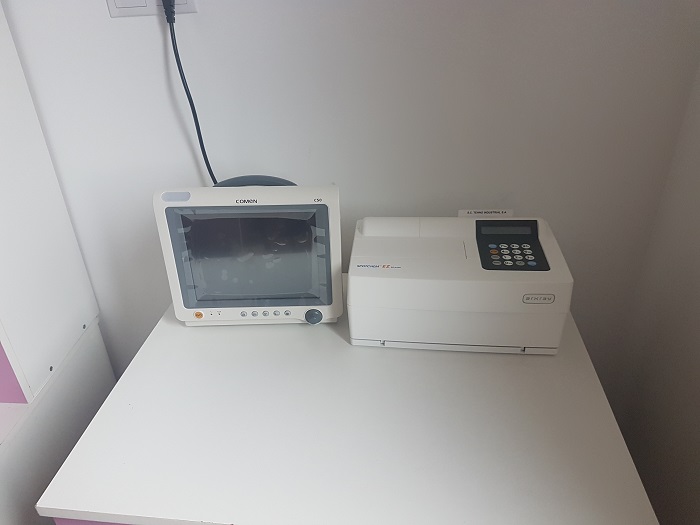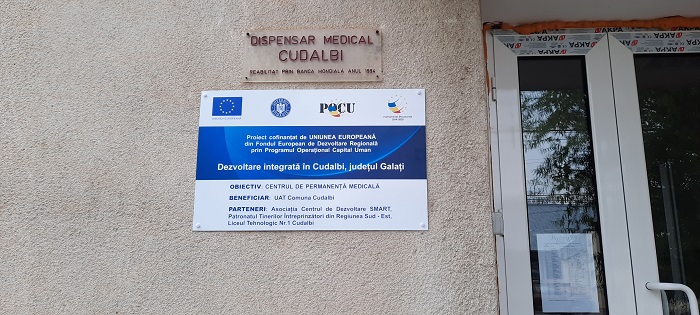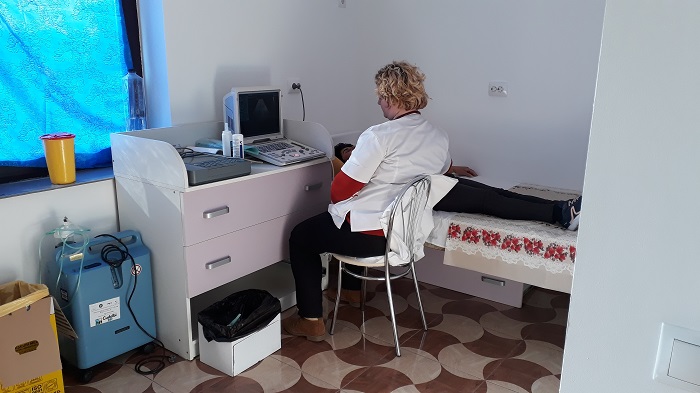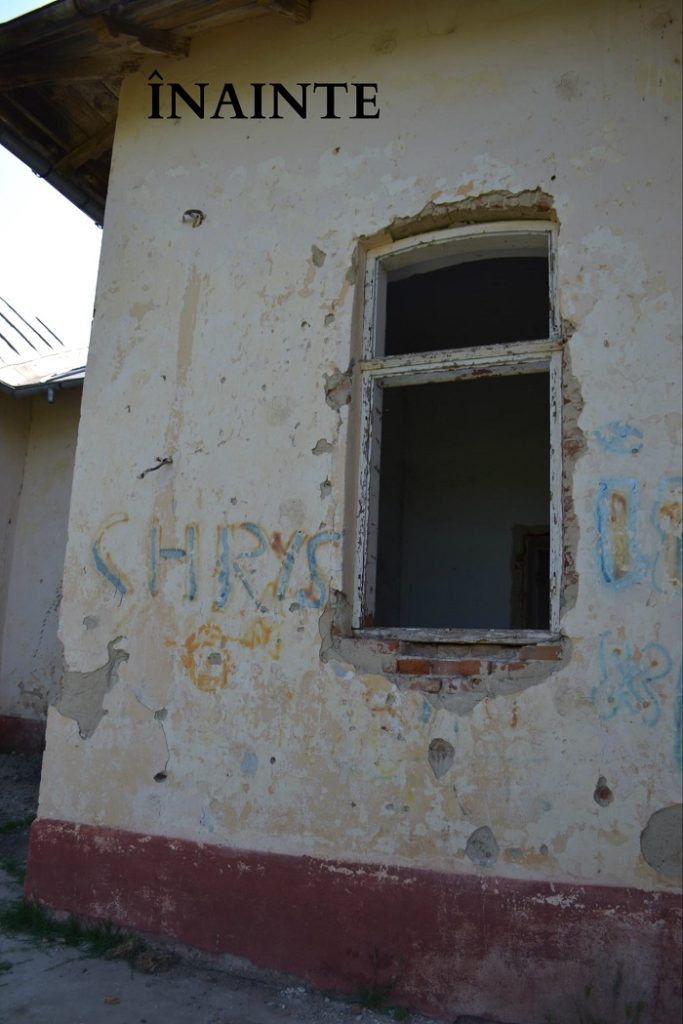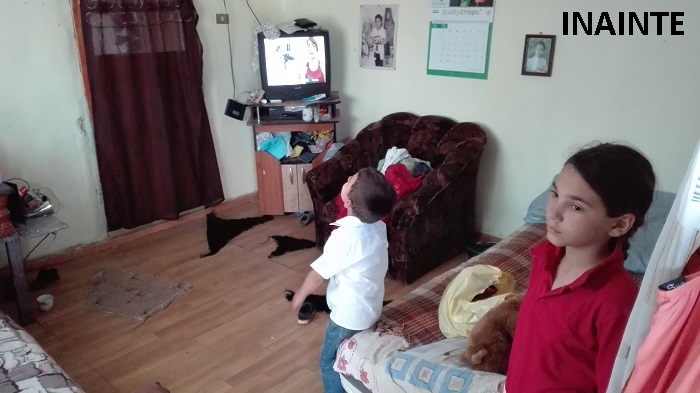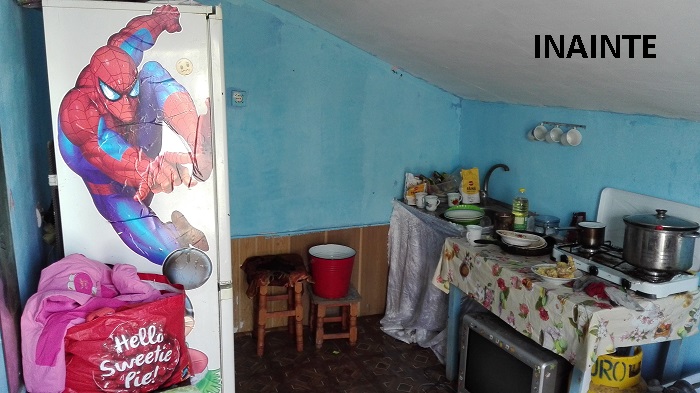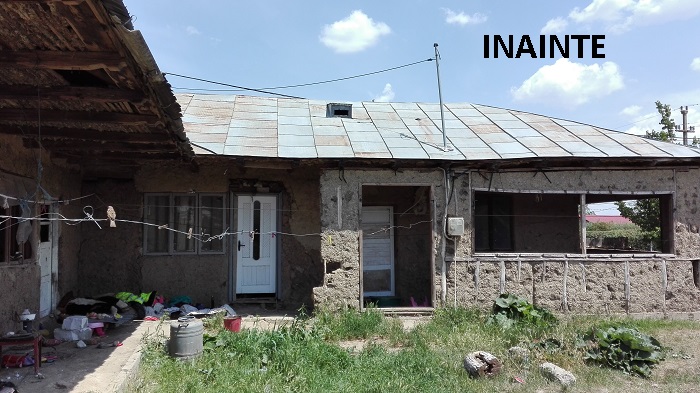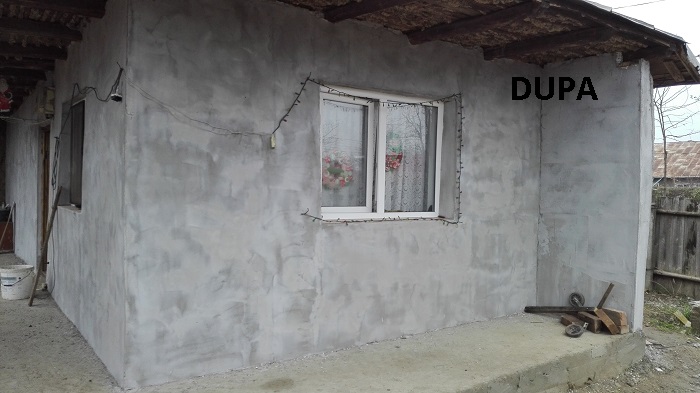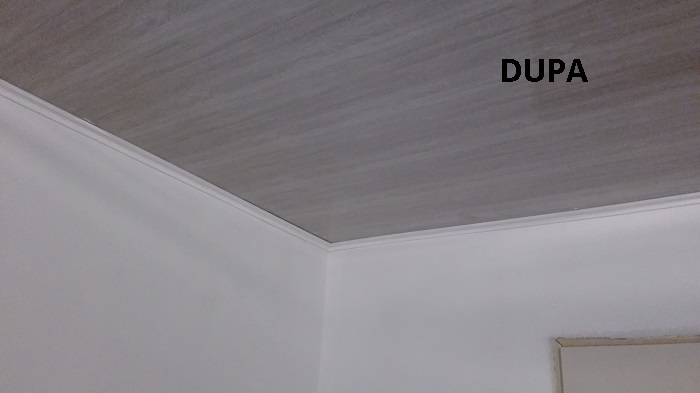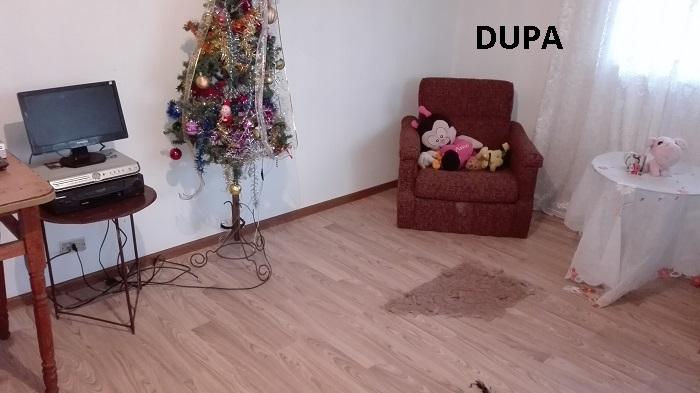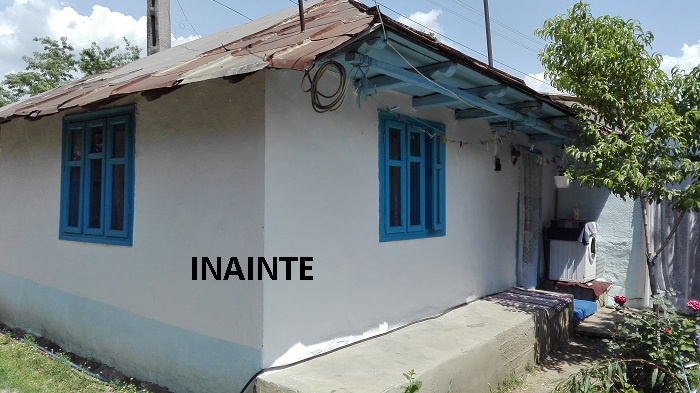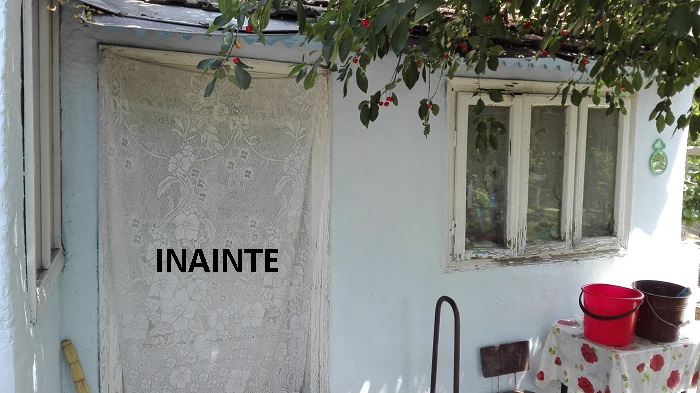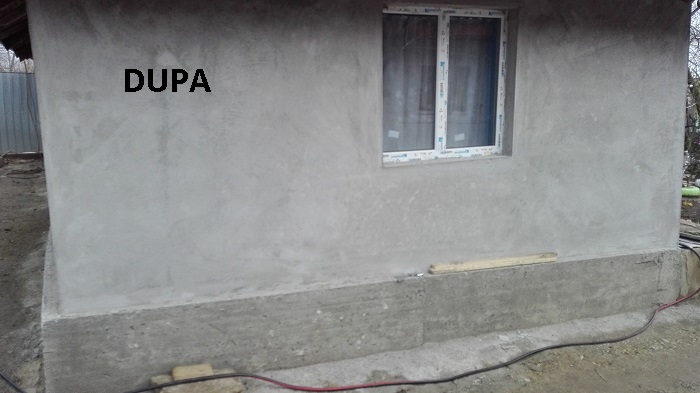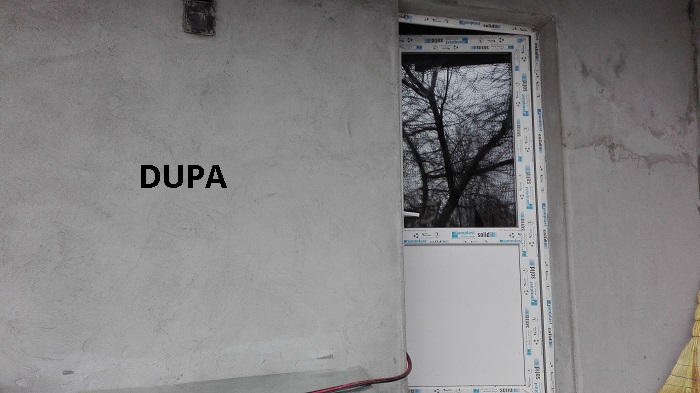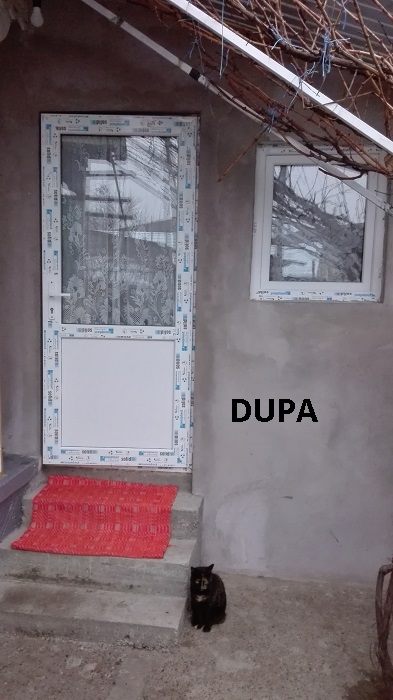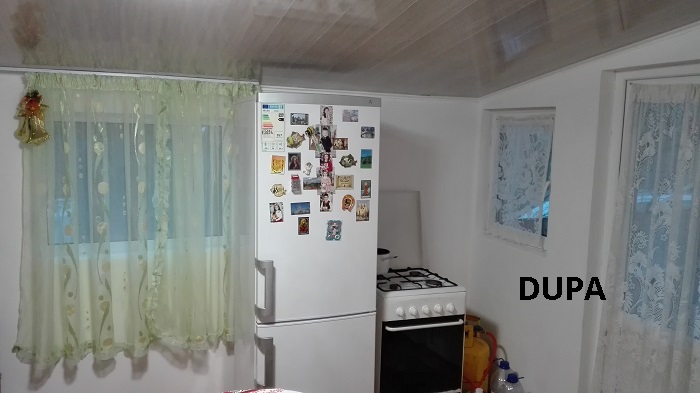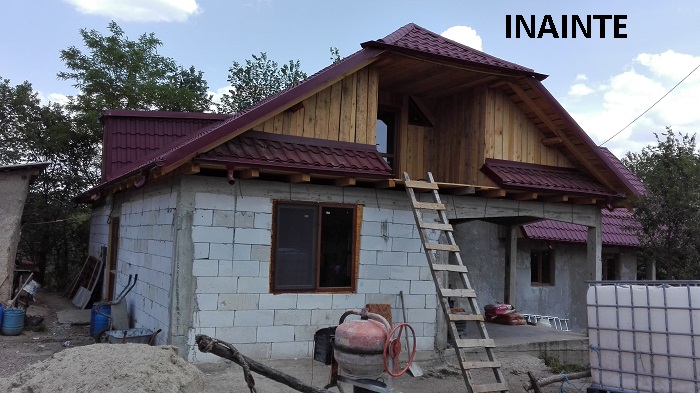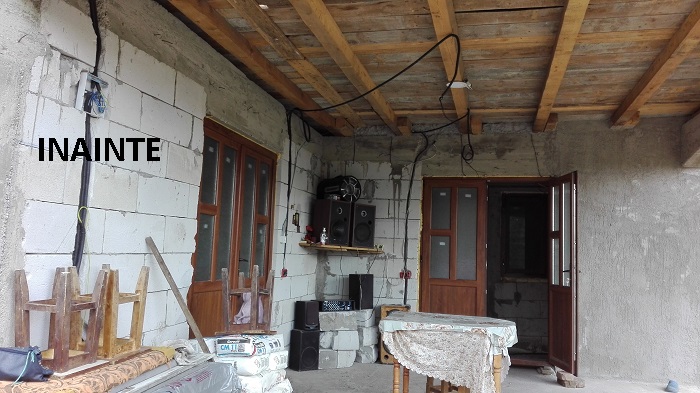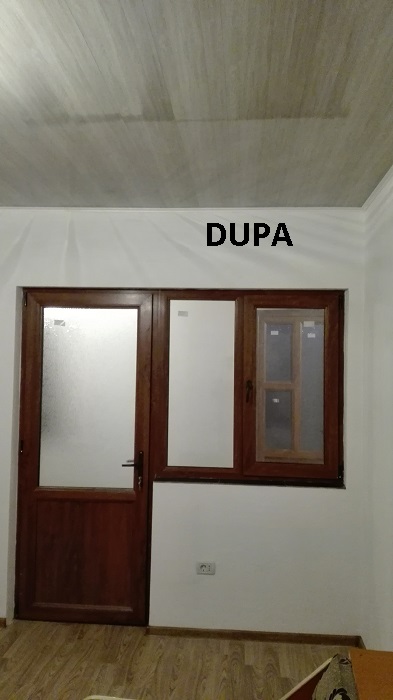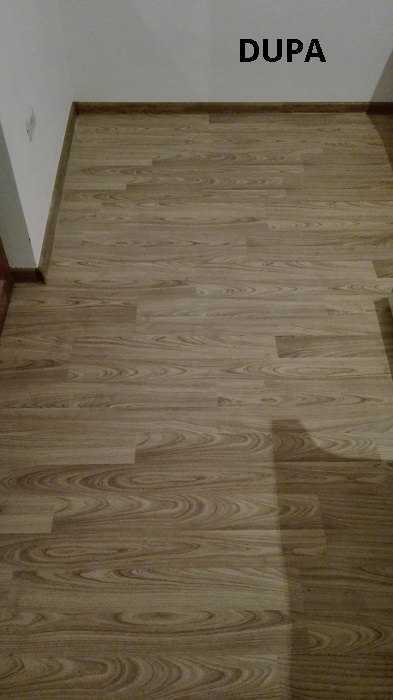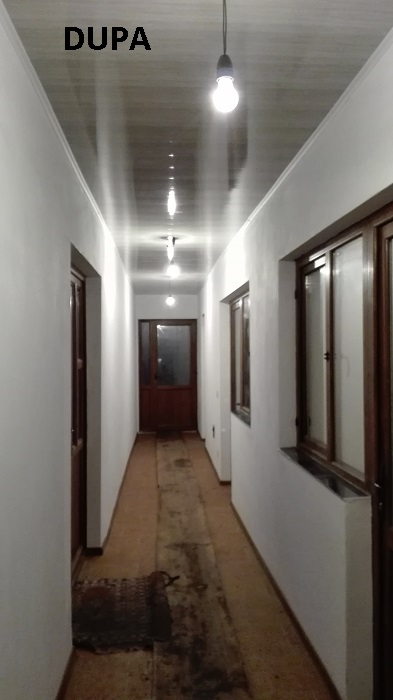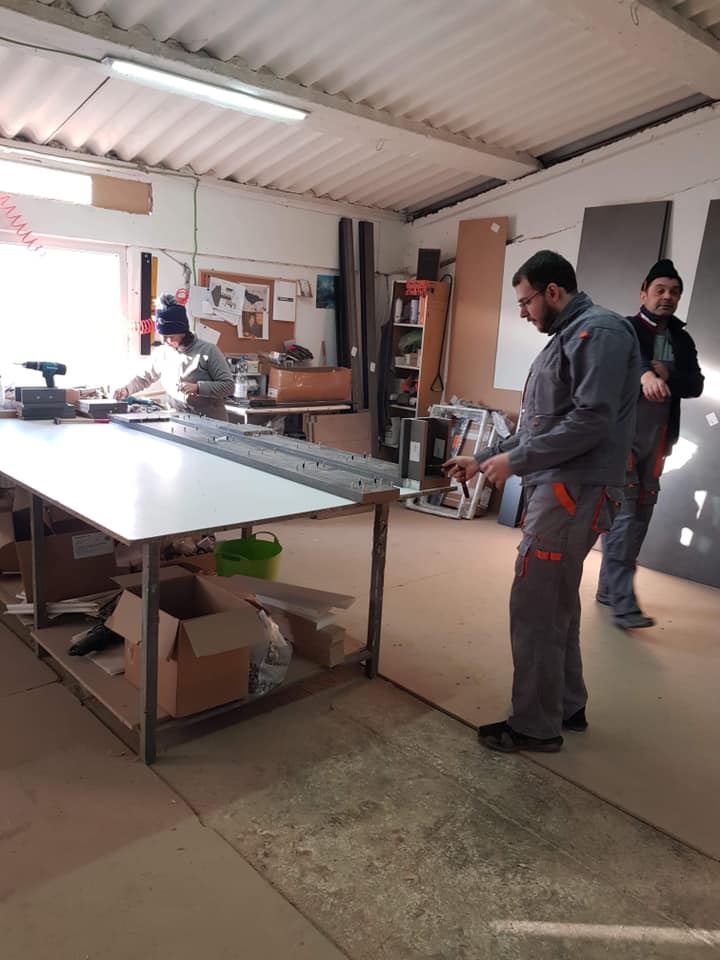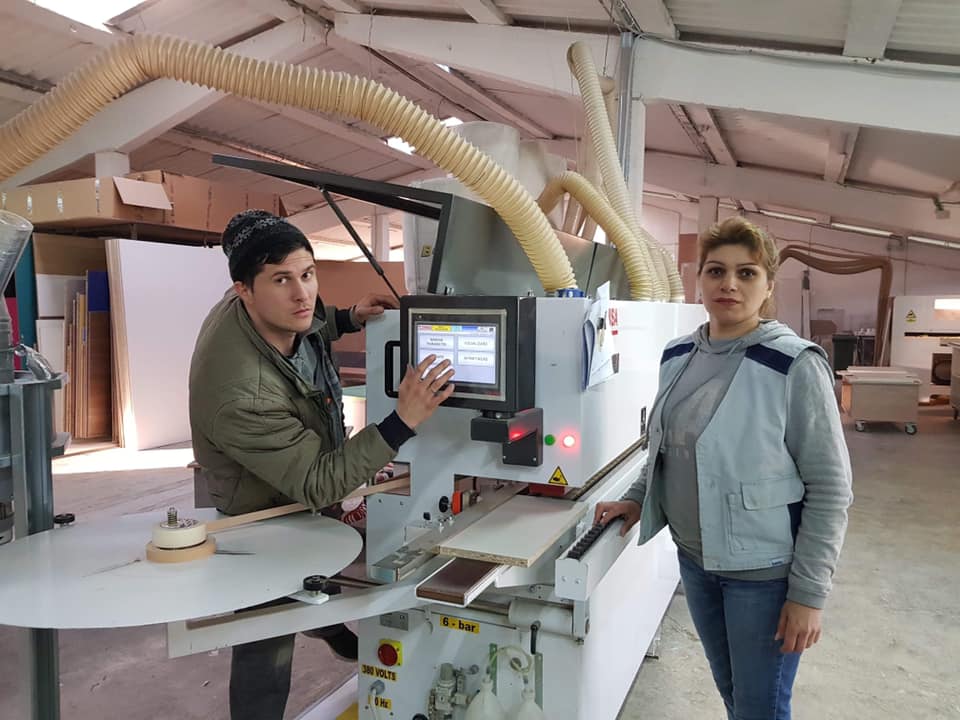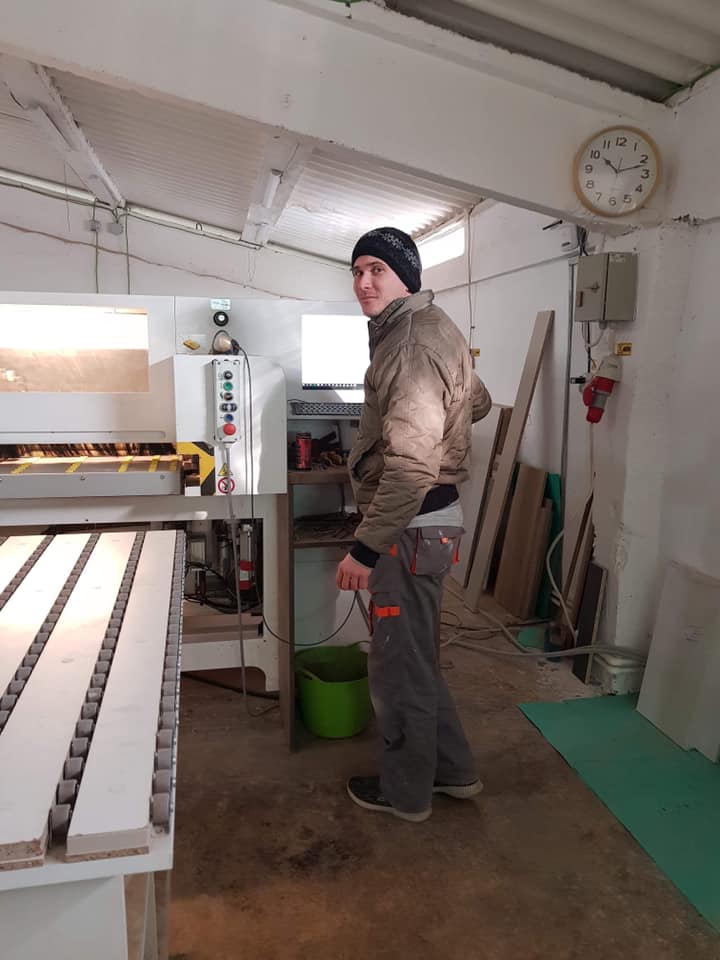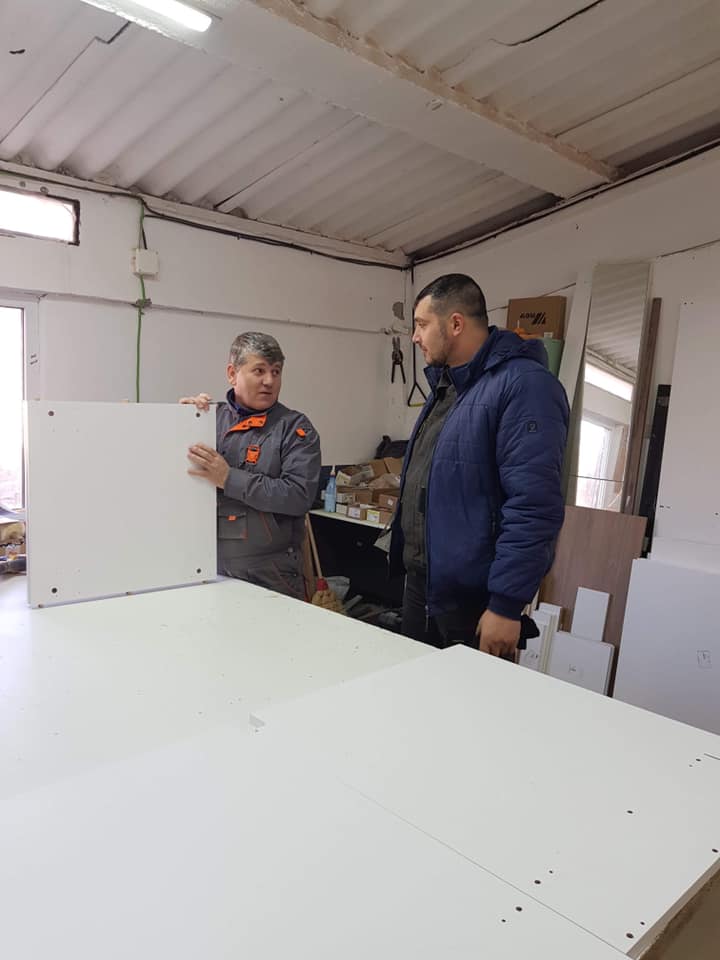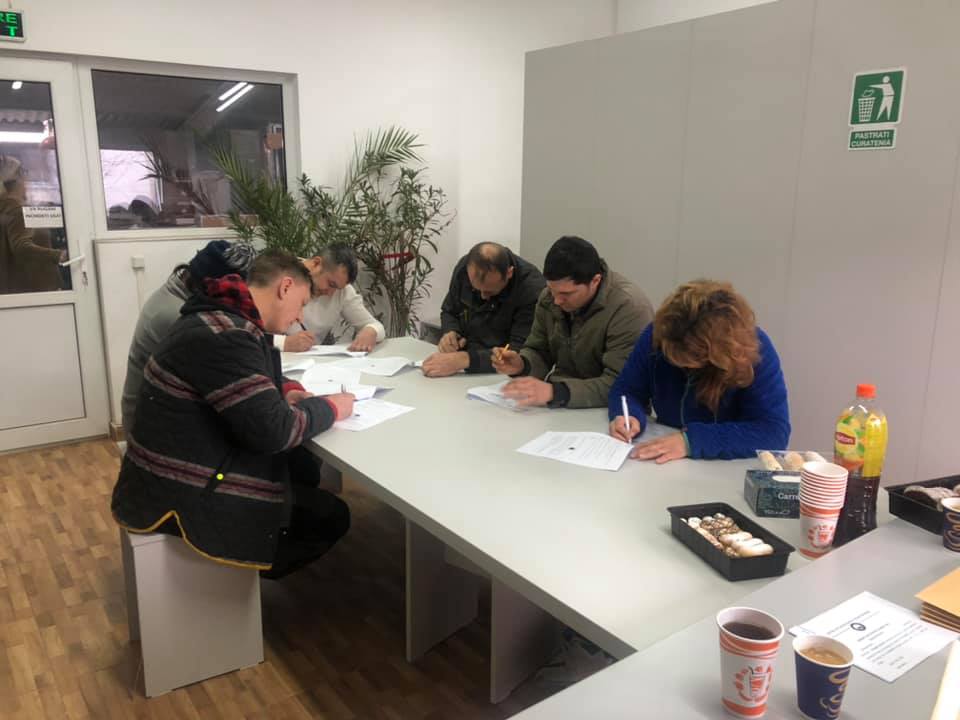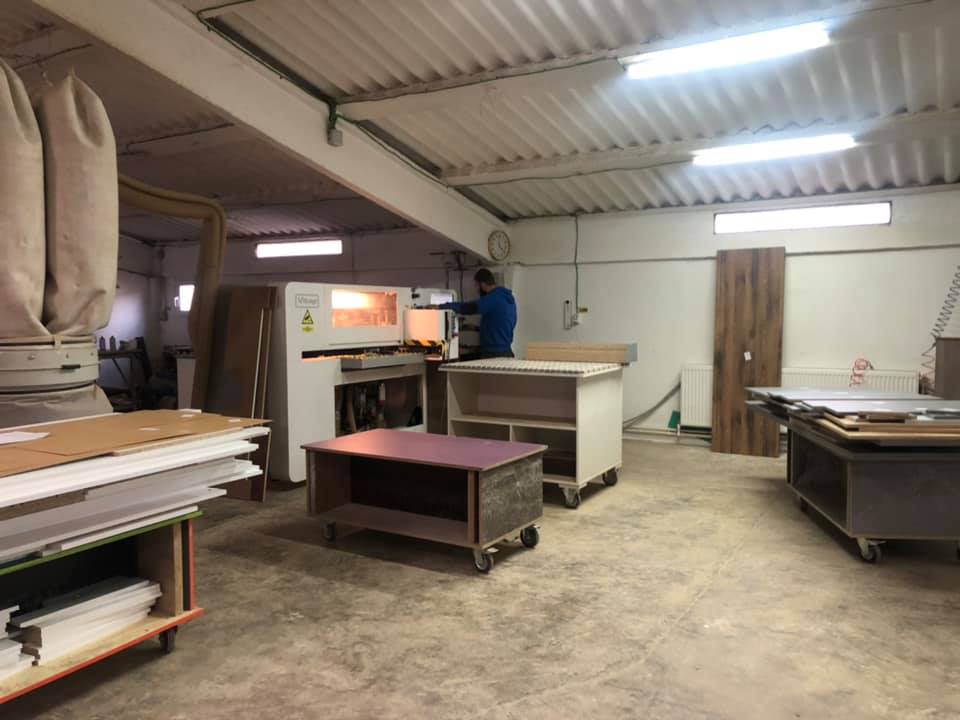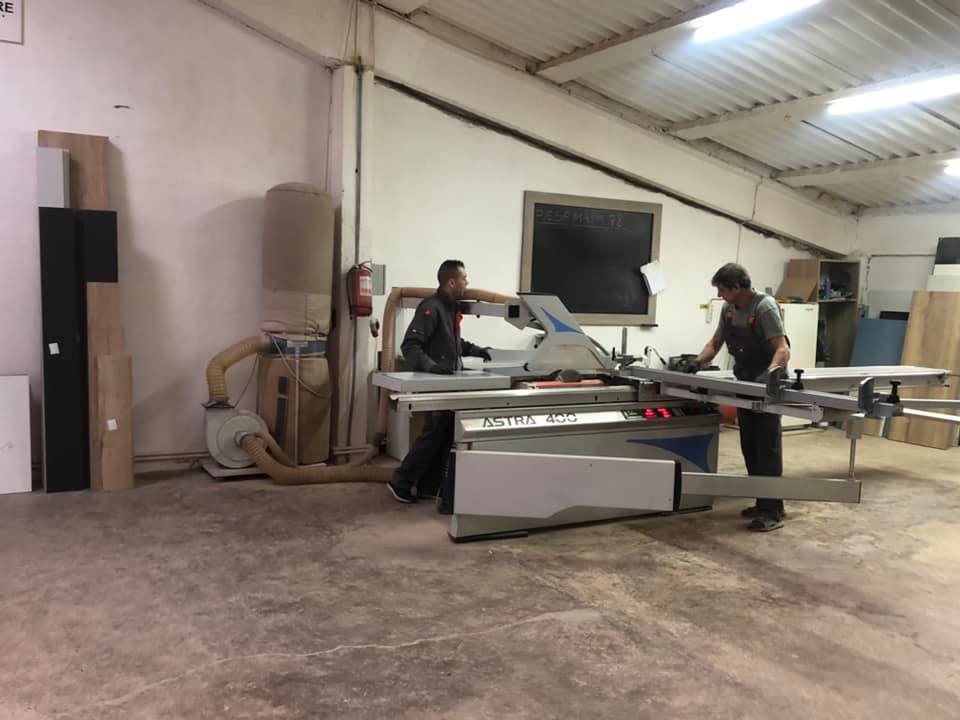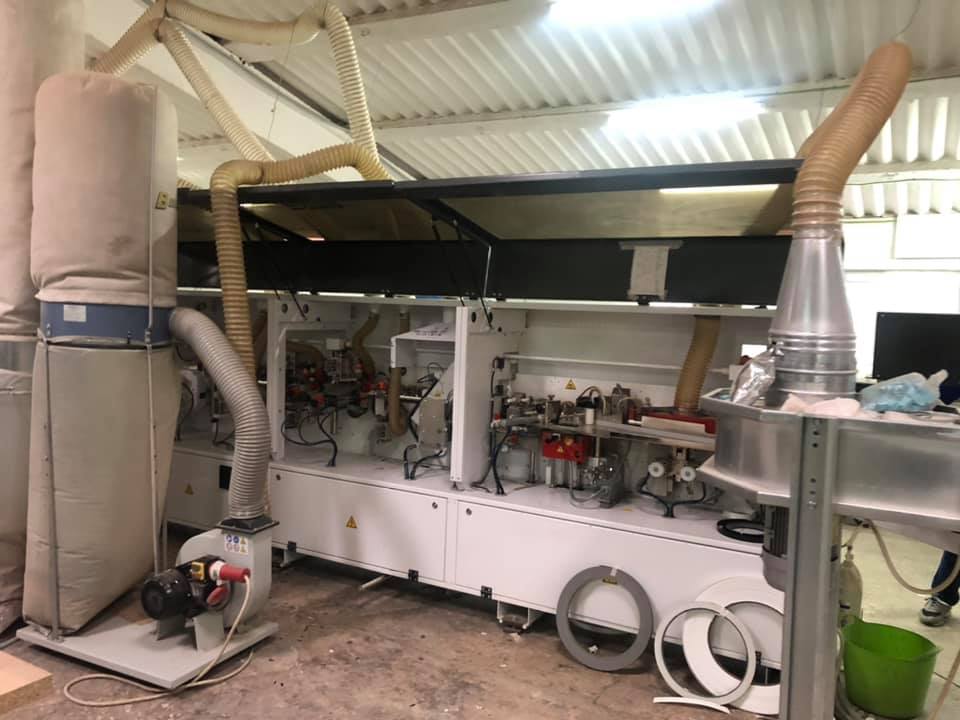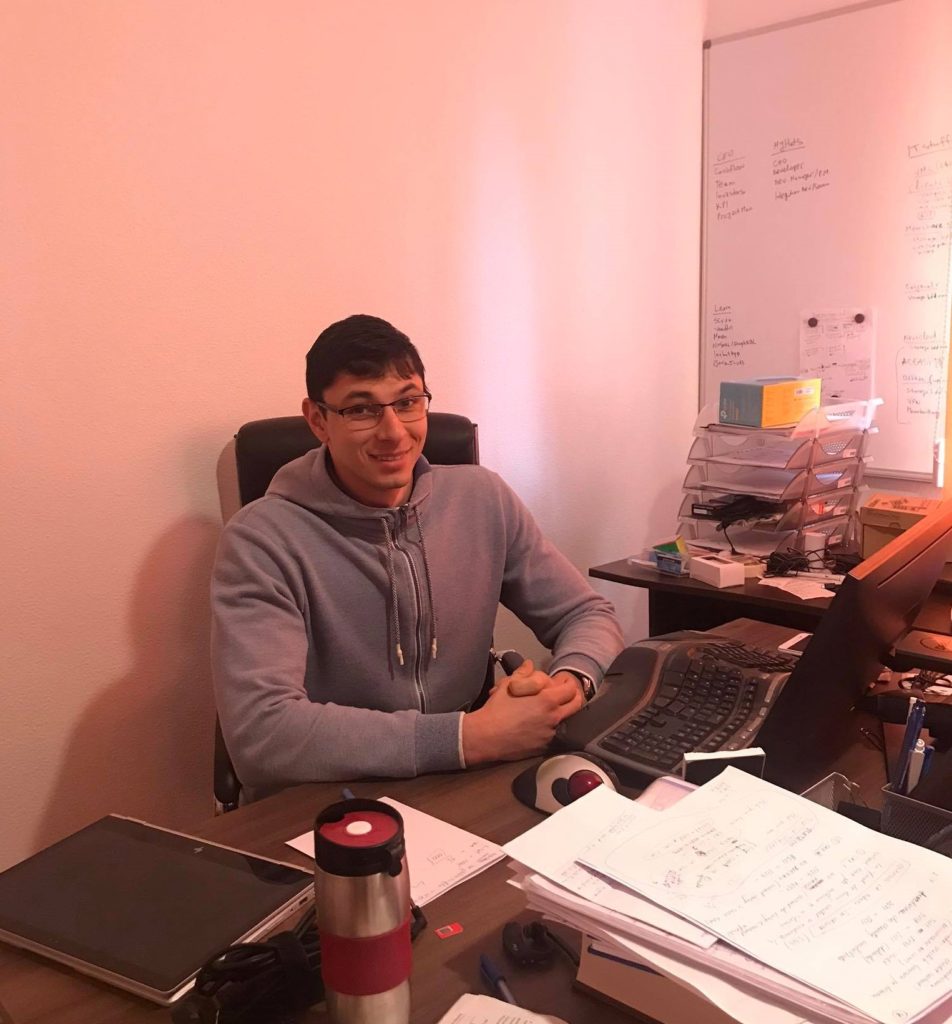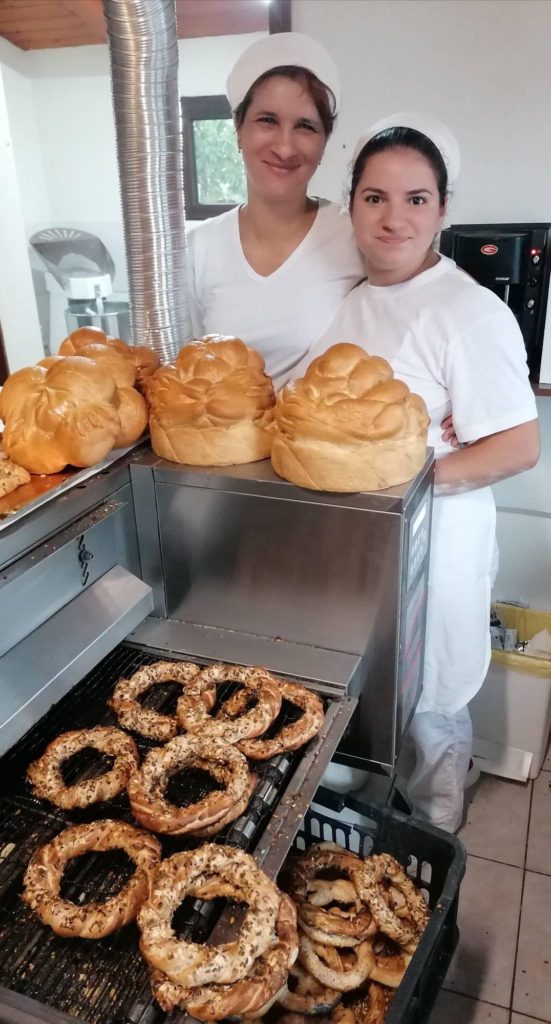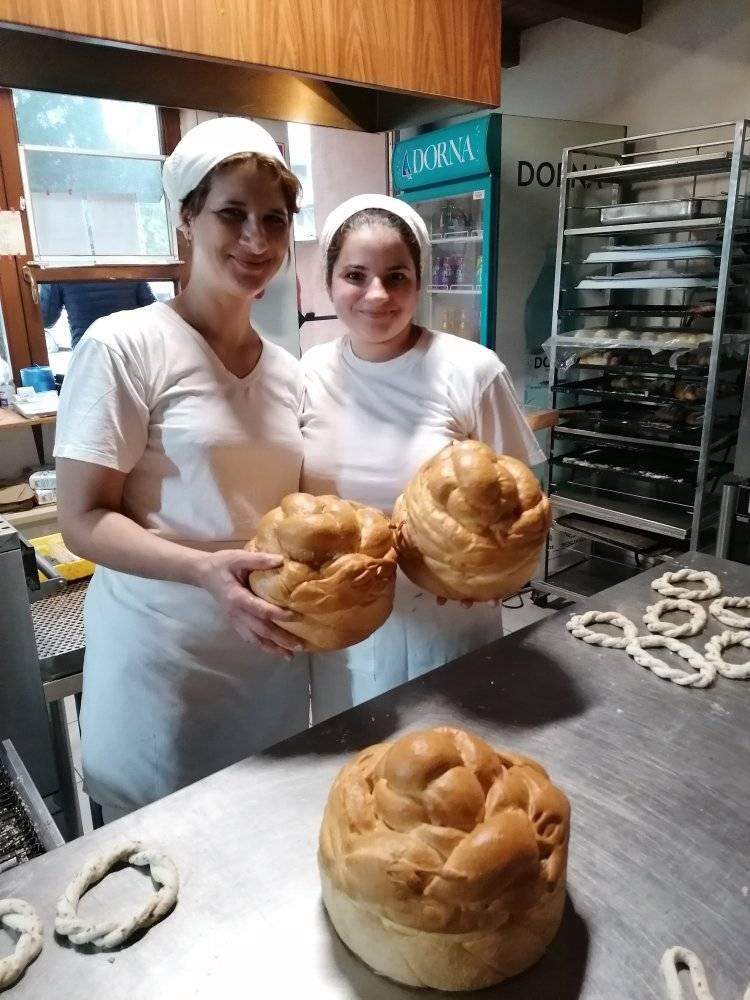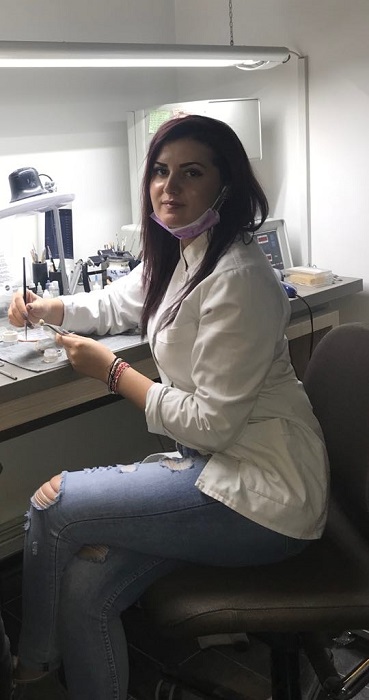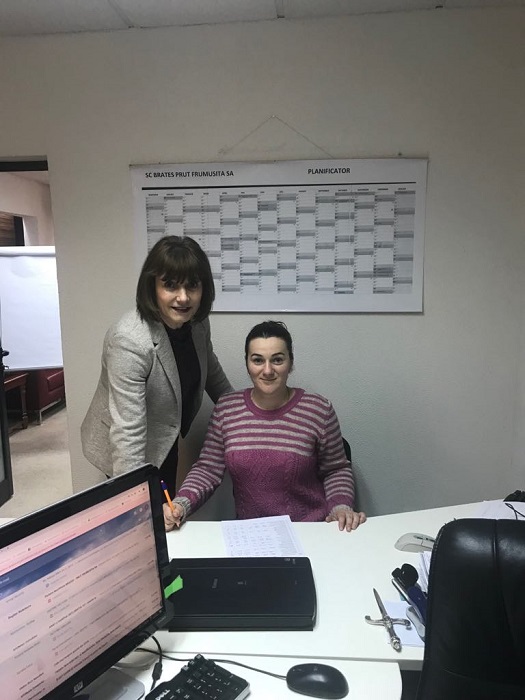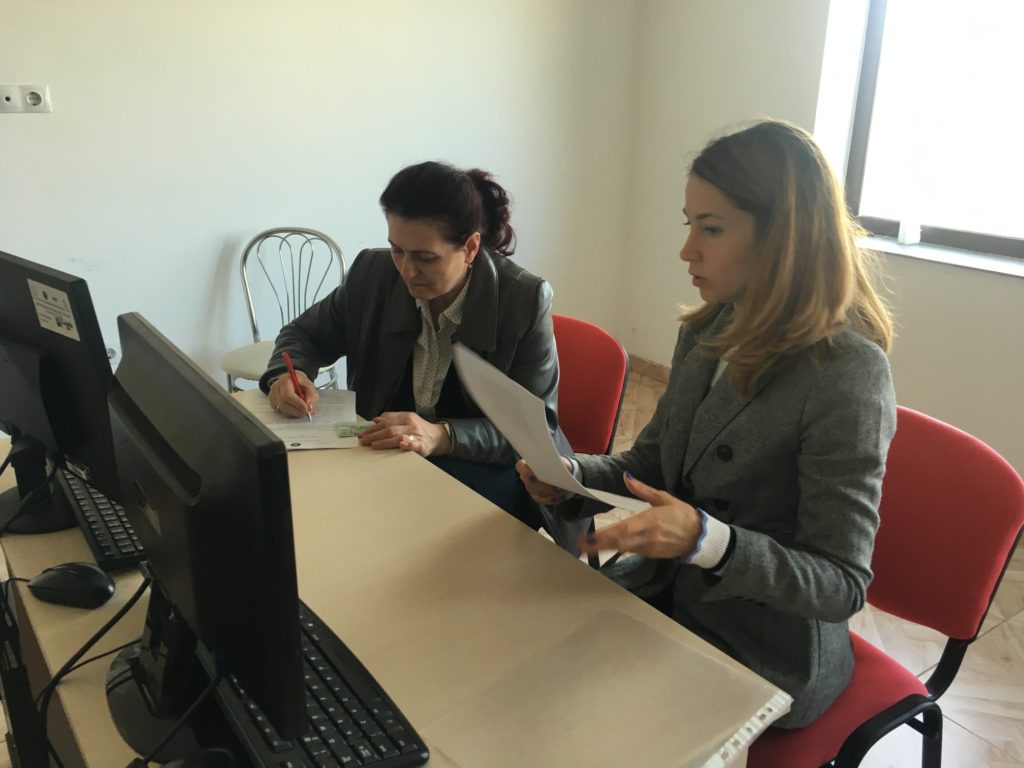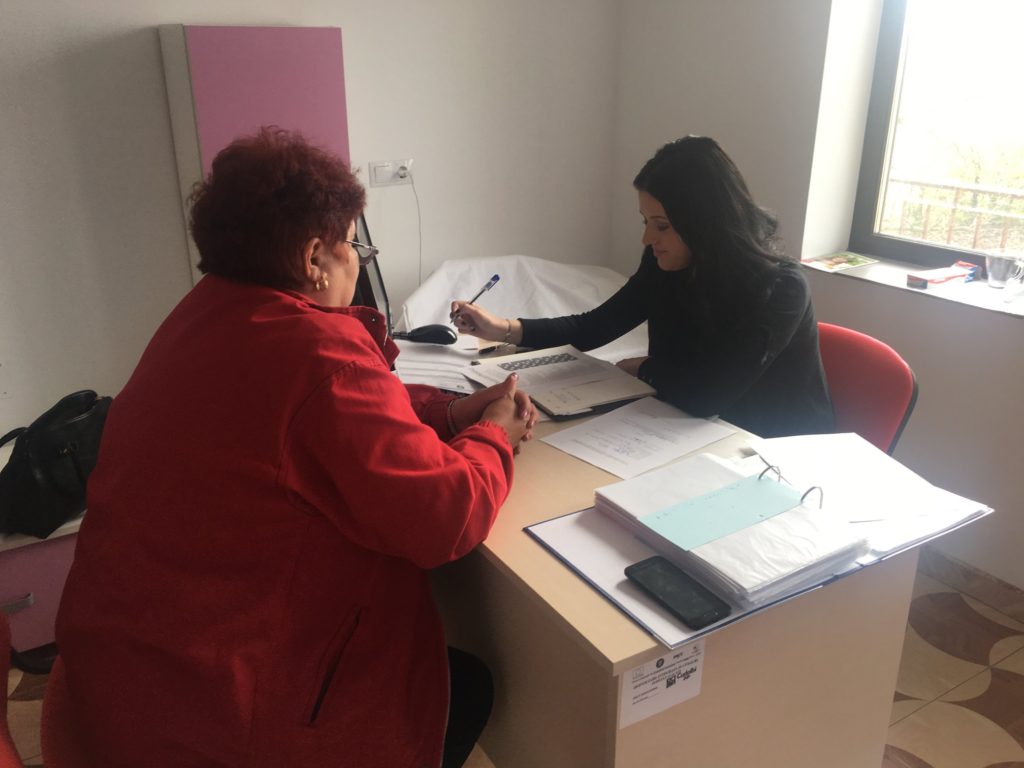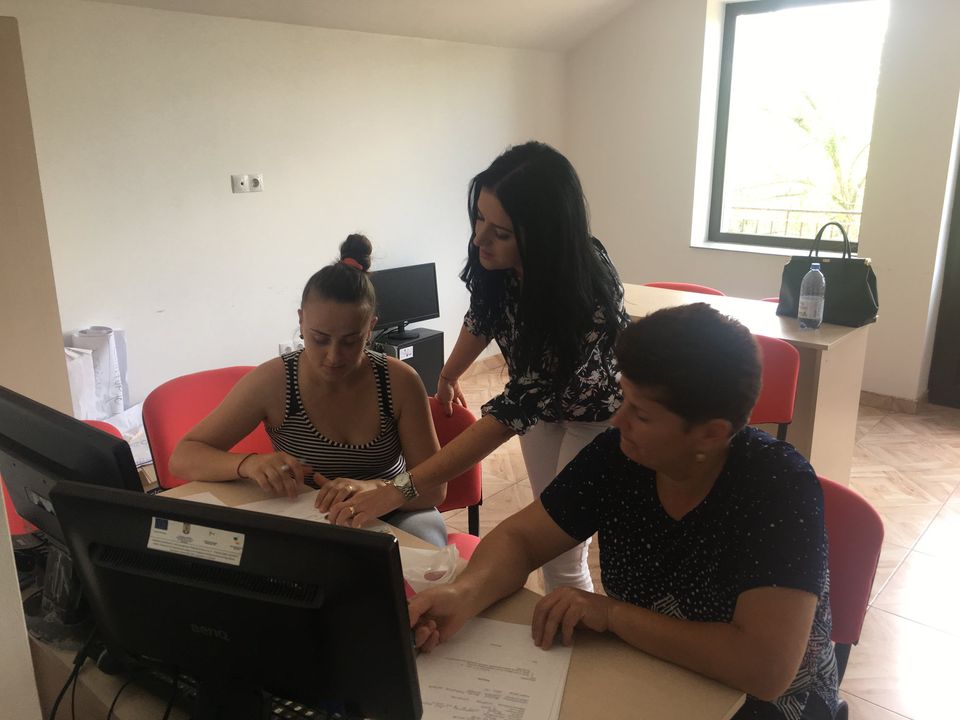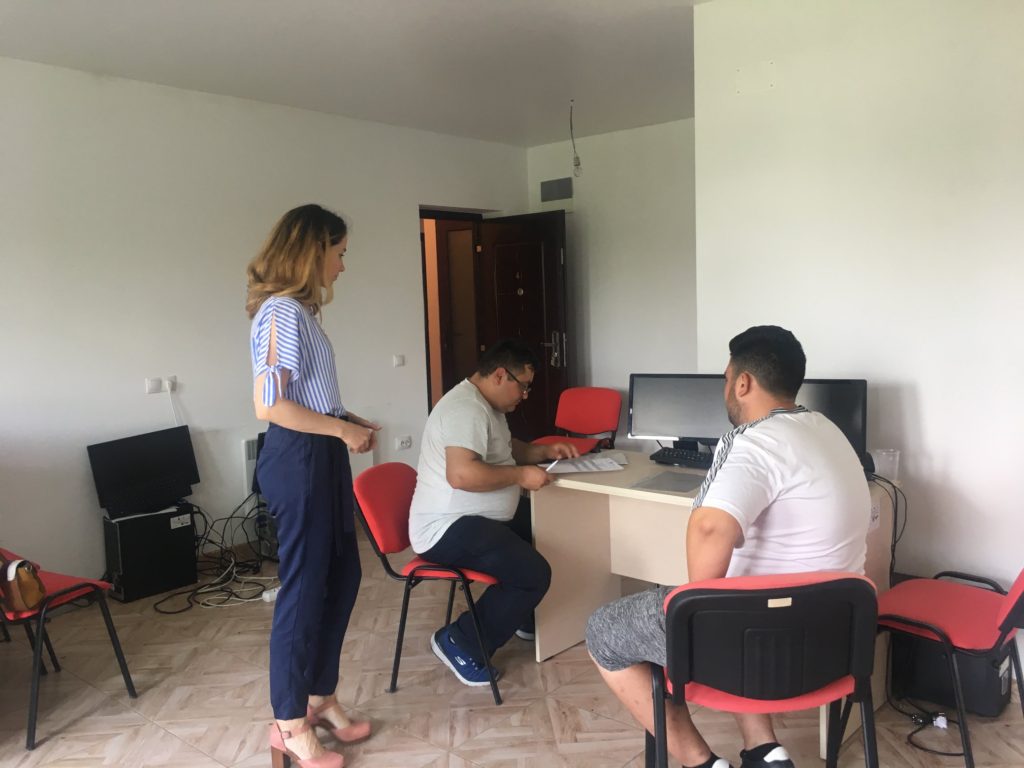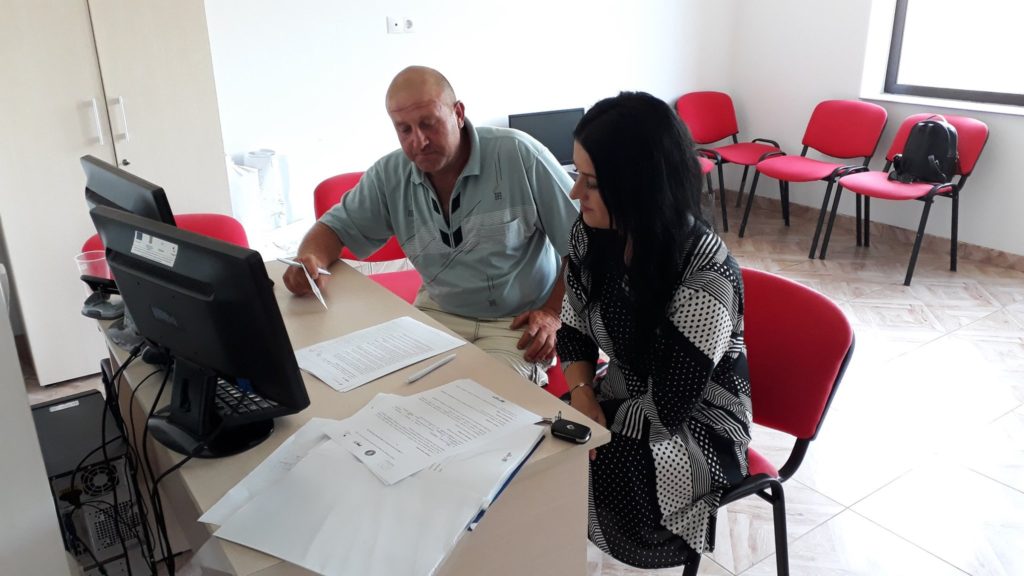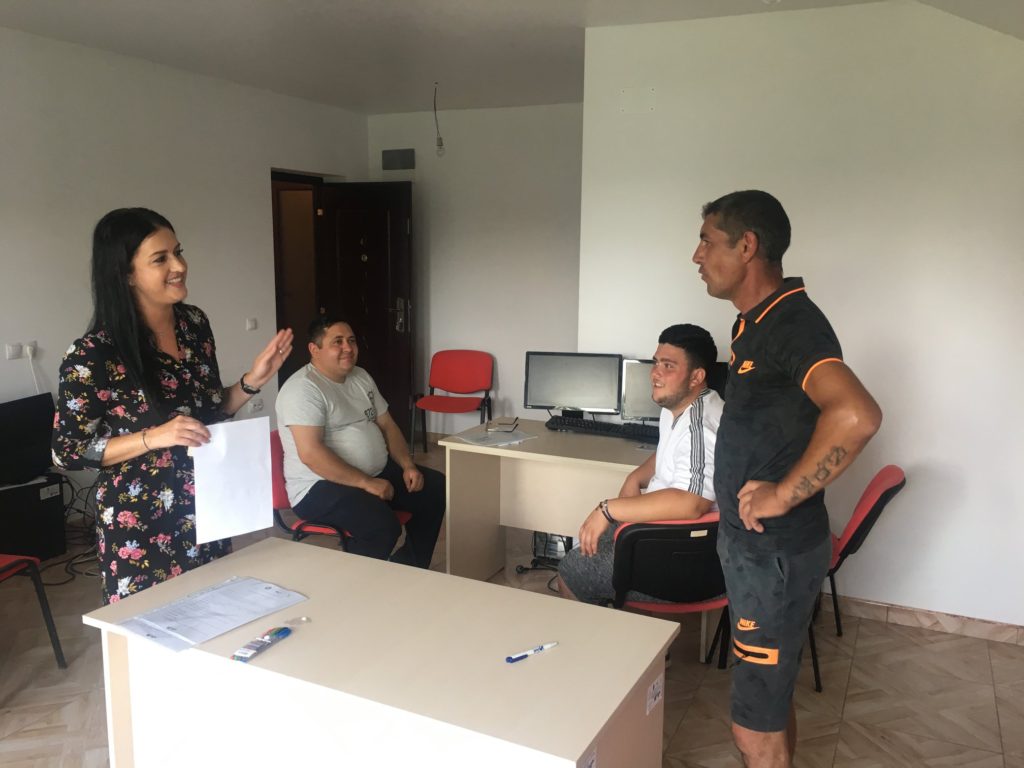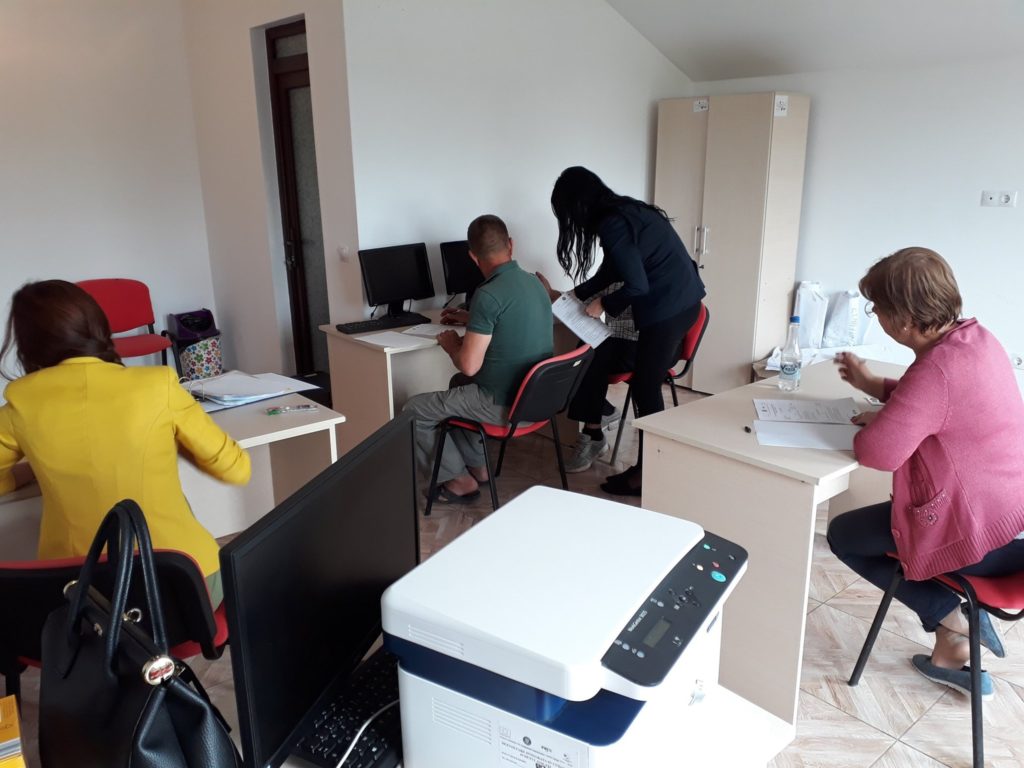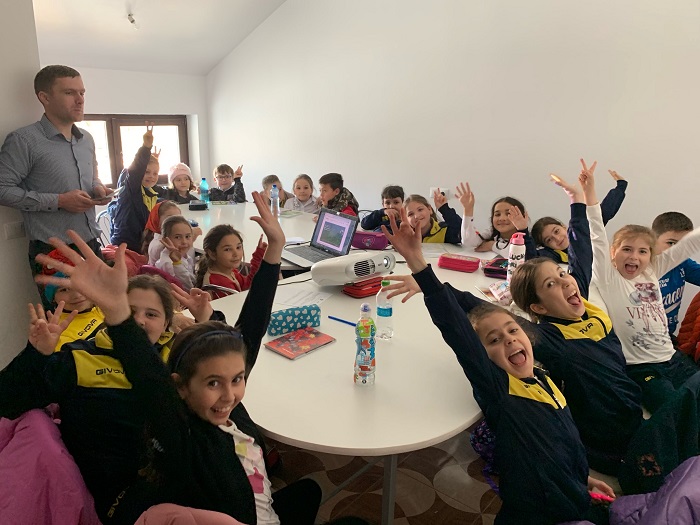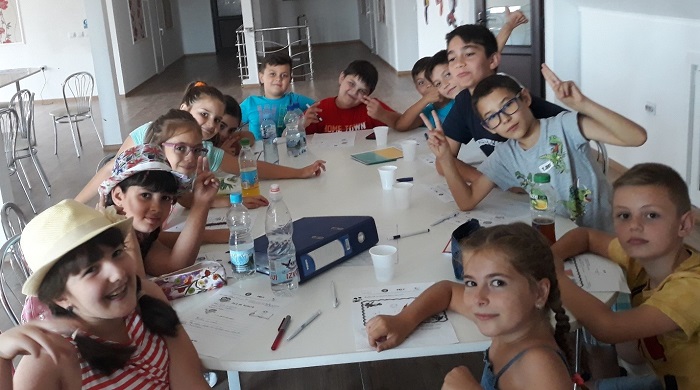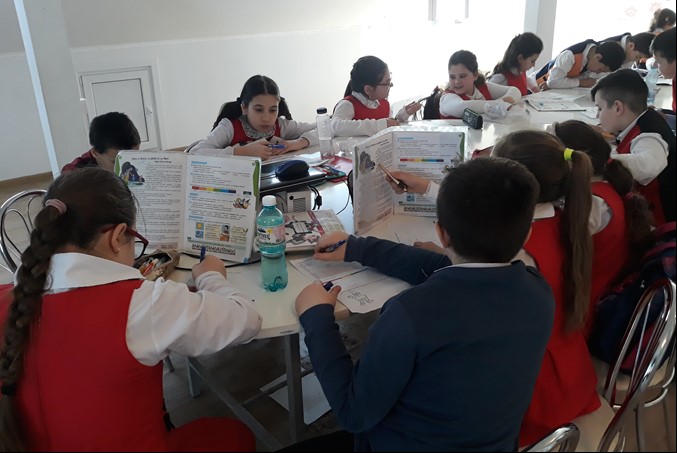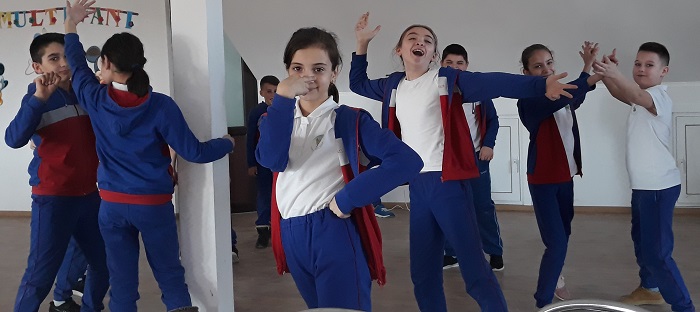
End of Project in Cudalbi, Galati County
We are finishing one of the most important projects from the past years, that brought many benefits to an entire village from Galati county. We offered social, medical, economical and educational services to more than 1500 direct beneficiaries in the underserved community of Cudalbi. With a team of experts from SMART Development Center, Young Entrepreneurs Association from the South – East Region of Romania, Cudalbi Hall, and Cudalbi Technological High School, we engaged the residents in integrated activities in the project “Integrated development in Cudalbi, county of Galati.”
It was my passion to include in this project relevant activities to develop the entrepreneurial potential of the people from the community. Together with my team, we succeeded in offering training courses in Entrepreneurship to 125 residents, who were also certified in this field with diplomas recognized across the European Union. These documents allow them to establish companies in the EU, which is extremely important as they are often traveling abroad for work and new career opportunities. Further more, we organized numerous counseling and mentoring sessions, consulting events, to present new funding opportunities for business development, bank loans, start-up opportunities. Overall, 185 people attended these group and in-person sessions.
The practical side consisted in organizing a business plan competition and selecting 20 beneficiaries that were awarded seed funding to start new businesses. Eighteen of them implemented the business plans and launched startups in areas like manufacturing windows and door frames, self – service car wash, ice cream production, training center in Romanian language, auto body shop, beauty saloon, construction work, gifts, pastry, dental care, cookies, residential building, manufacturing of heating supplies.
For those who do not want to start a business, we offered vocational training courses where 347 residents graduated with a diploma recognized by the public authorities from Romania and abroad. The courses that we offered were Secretary, Social worker, Trade worker, Elderly care, Baby – sitter, IT competences, Automotive painter, Construction worker, Industrial painter, Tapestry, Baker, Cook, Hair cutting, Pastry, Hotel room maintenance, Nail care, Plant growing, Tractor worker.
In the medical area, the activity was both complex and challenging. The City of Cudalbi rehabilitated the local medical center and equipped it with a heating system, water pump, sanitary installations, toilettes and showers. An important milestone was the acquisition of modern medical equipment like oxygen installation, EKG device, echograph, vital functions monitoring device, analyze maker, blood pressure device. We hired two doctors that commuted weekly to Cudalbi, assisting the residents with general medical care and psychological care. Overall, over 600 people from Cudalbi benefitted from high quality medical care, in a safe and modern buidling.
Often times, in the human resources development projects, hands-on results are difficult to get right away. One needs time to find a job after attending a training course or to start a business after attending an entrepreneurial experience. It is not the case in this project. One of the main objectives of the project was the rehabilitation of a 100-year old building that was transformed into a Community Center. The project team organized the rooms to accommodate social, medical and non-formal educational activities. Also, an area is hosting a small business incubator. The center was equipped with didactical materials, books in various fields of study, games, chess sets, computers, audio – video equipment. This important objective of the project is now a landmark in the community.
In the area of social activities, we helped rebuild 10 houses that were in a state of degradation and the families were facing reduced opportunities. These construction works brought great joy and a decent standard of living. Also, we helped 40 more families with subsidies to buy food and clothing. So the project also took care of the most vulnerable from the community.
In the project we also had apprenticeship programs for people with basic education, as well as students. These kind of programs are regulated by special laws that are encouraging “learning while working.” The programs last 12 month for the people with basic education and six months for students and end with an exam. As a result, they learn good working skills while earning a diploma recognized by the EU authorities. We managed to have 16 residents engaged in this useful program, who acquired skills in jobs like pastry, bakery, wood work, dental, IT, ecology, secretarial.
In the program of civic engagement and voluntary work, we organized 21 town hall meetings where 240 residents attended discussions about the future of the village. With the help of our experts, they brainstormed community problems and solutions in a constructive manner. The topics they approached covered areas like the need of an ambulance for the medical center, street maintenance, online education equipment, building permits, water management, stray dogs, video surveillance in the village, the need for a kindergarten with after school activities, extra curricular activities for students. The solutions are now published on the citizen engagement platform politicipublice.ro.
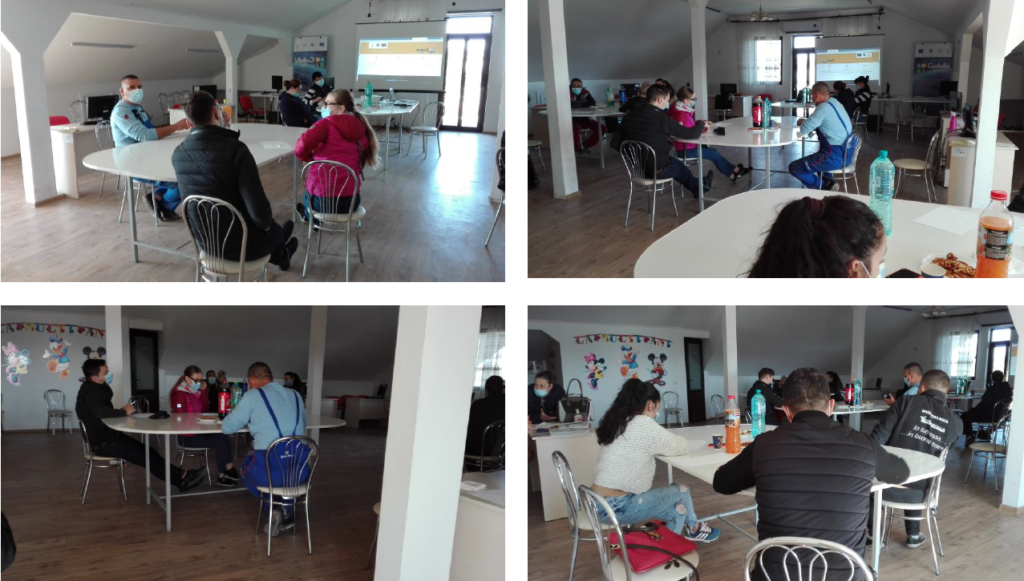
The project included many other services like legal counseling. We hired an expert who assisted the residents with legal advising. Overall, 731 people received help regarding property rights, issuing various documents from public authorities, or obtaining social welfare. Also, 649 people benefitted from professional mediation and counseling services, while 561 received help to find a job.
In the education program, over 250 students from Cudalbi received subsidies to develop their learning skills, in the school years 2018 – 2019 and 2019 – 2020. They were also engaged in after school activities with the project experts, got help for homework, attended chess lesions or other activities for their ages. Another useful program was the so called “second chance program.” Thirty residents who did not finish the mandatory 4th or 8th grade, managed to graduate and become eligible for vocational training courses to learn a job and start a new life.

